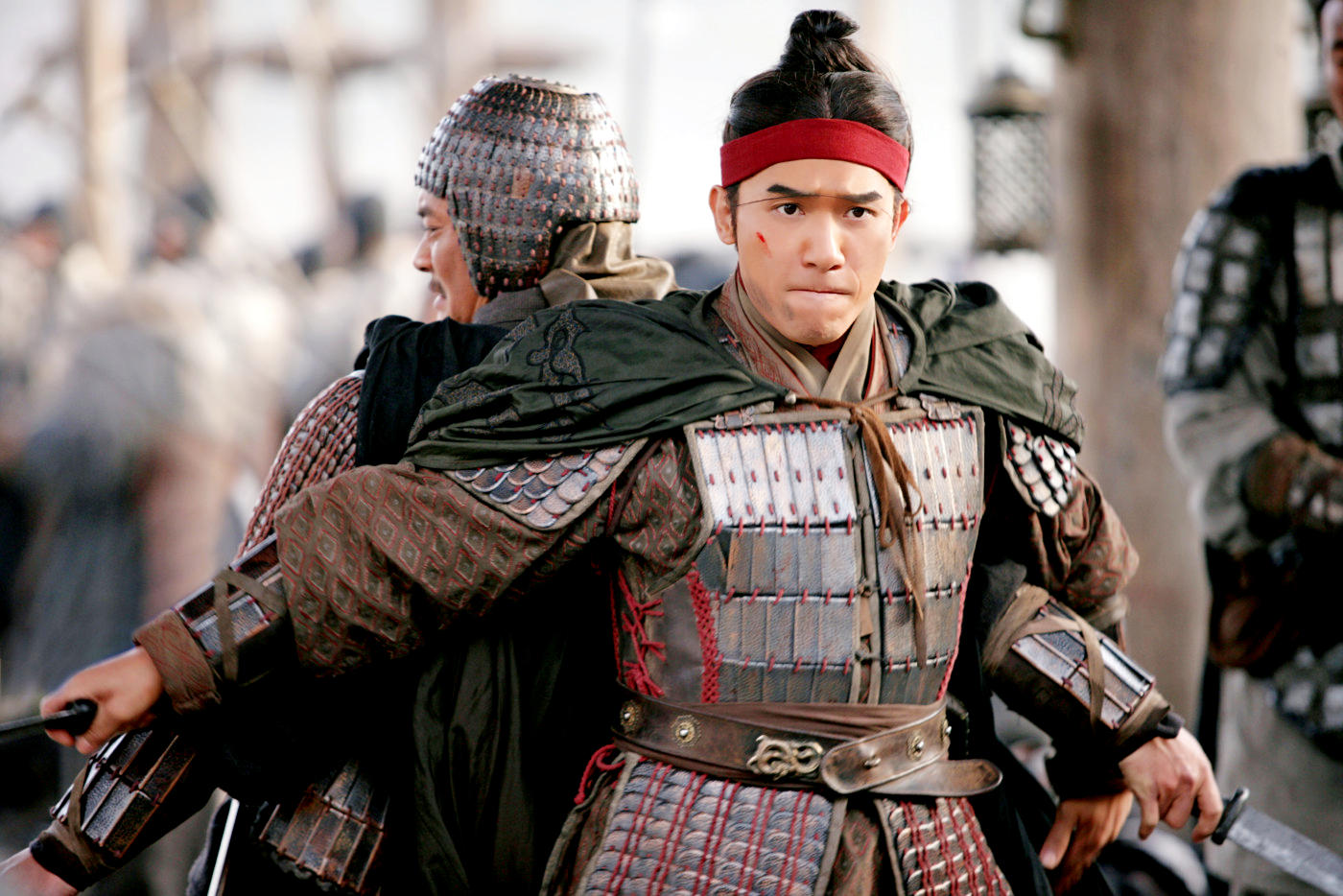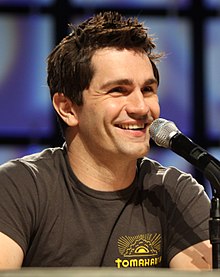My Space Opera setting has Space Feudalism. While the real thing tends to be messing, complex, and organic I'm keeping it simple because I need only enough for my creative works. In short, it works like this:
- This is our galaxy far into the future, where Mankind long ago became a mature star-faring species and thus is omnipresent in the galaxy.
- During this time, the successors to today's powers on Earth decided to Get Off This Rock after fighting a series of wars that almost wiped out Mankind several times. Not all of them were Man-on-Man either; other entities were involved, which had the consequence of revitalizing the Church and becoming the unifying force keeping Mankind from extinction.
- Nationalist movements today become national powers in the future, and how huge swaths of space are dominated by a single nation. As communications technology improved, internal tensions between houses within a nation increased until one house became the dominant one; the wiser dominators made allies of enemies, leading to feudalism's resurgence.
- The Church aided this resurgence, as a peace-improving measure, and made Rome on Earth into the host for the galactic nations to meet and dispute loudly--but peacefully--in the forum dubbed "The Court of Stars".
- By treaty, no house is acknowledged as Emperor. The position of "Speaker" is chosen by the electors, which are the Dukes of each nation (or their chosen agents, acting on the Duke's behalf), and is mostly ceremonial and parliamentarian in nature. The process is a deliberate blend of the models used for selecting the Pope and the Emperor of the Holy Roman Empire.
- "Duke" is the title (with attendant forms of address) used with outsiders for diplomatic reasons. Internally, a Duke may also be a King or Prince- but never a lesser title. The practice is meant to preserve face for nations particularly concerned with how prestige influences politics and culture; it gives all concerned a way out of otherwise inevitable conflict.
- The Church, learning from centuries of experience, recruits clergy only from the sons of common households across the galaxy; noblemen and their retainers are not permitted to be more than Deacons, and its militant orders are also closed to those of the noble houses. The current pope, Justinian XXV, is a shipwright's eighth son.
- A Duke controls the dominant house of his nation, with it the sector of space his nation controls. Counts control entire systems. Barons entire planets. Landed lords control significant subsets of a planet's mass. As with their historical counterparts, nobles are not only expected to be competent soldiers and warriors themselves, but also be capable of raising and fielding significant forces as required. The Dukes maintain standing militaries for this purpose, with nobility routinely comprising the professional officer corps.
- The houses have autonomy over internal affairs, aside from where the Church exercises its dominion. This is a Christian galaxy, but one where all of the nations of Mankind strong enough to survive the dark times of the Age of Azure Flames stand proud in their own ways.
- Inhuman threats exist, material and spiritual alike. The greatest is still out there.
This is how you can fork something and make it your own. I'm very much going with the emphasis on the fantastic that George Lucas drew upon for Star Wars, only more concrete. What's above is meant to focus my attention on what sorts of stories I want to tell here, and where to place the emphasis of attention. This isn't a setting where Space Submarines face off without ever seeing each other, letting computers do all the heavy lifting. This isn't a place where hopeless masses get drafted by the billions to die screaming in desperate crusades against inevitable foes hoping to buy another day for a false messiah to return. This is a setting where faith matters, hope is vital, fidelity is rewarded, and even the lowest-born can change the course of the galaxy merely by being the utmost example of his kind. Princess love their princes. Princes risk life and limb for faith and family, and the common folk follow the noble examples.
And there is NO modern architecture, aside from where the villains dwell. Less Coruscant, More Naboo.
I look forward to bringing it to life and sharing with you all.
 Personal blasters I model on rimfire-chambered pistols and rifles. Duke Far's sidearm, in particular, is modeled on a Ruger Mk.IV Target model like this one
Personal blasters I model on rimfire-chambered pistols and rifles. Duke Far's sidearm, in particular, is modeled on a Ruger Mk.IV Target model like this one 
